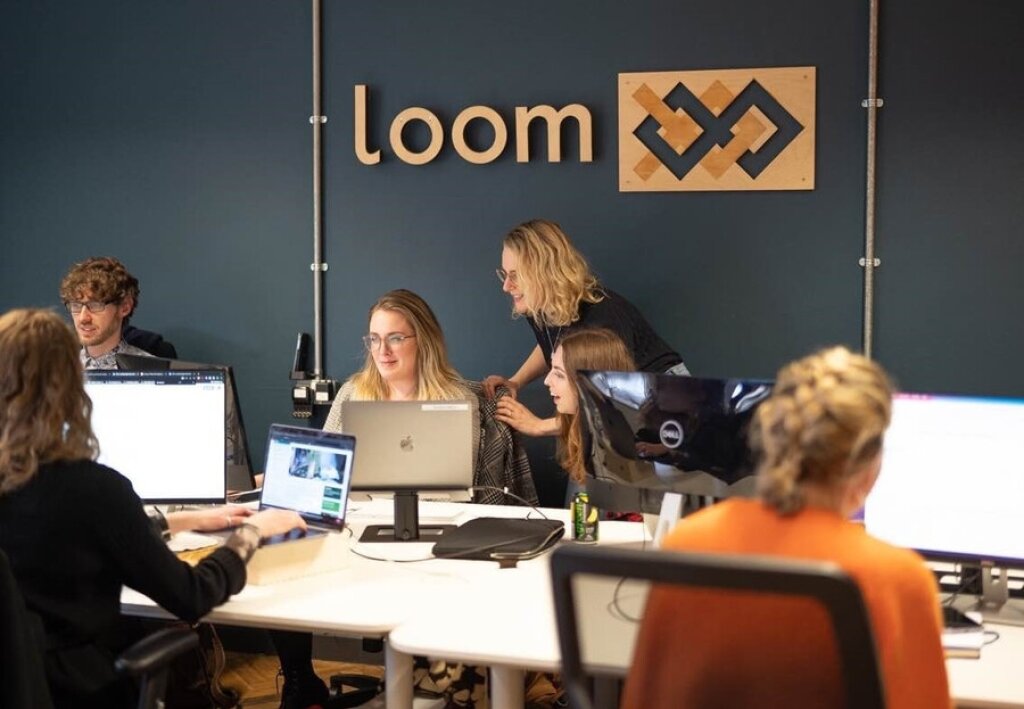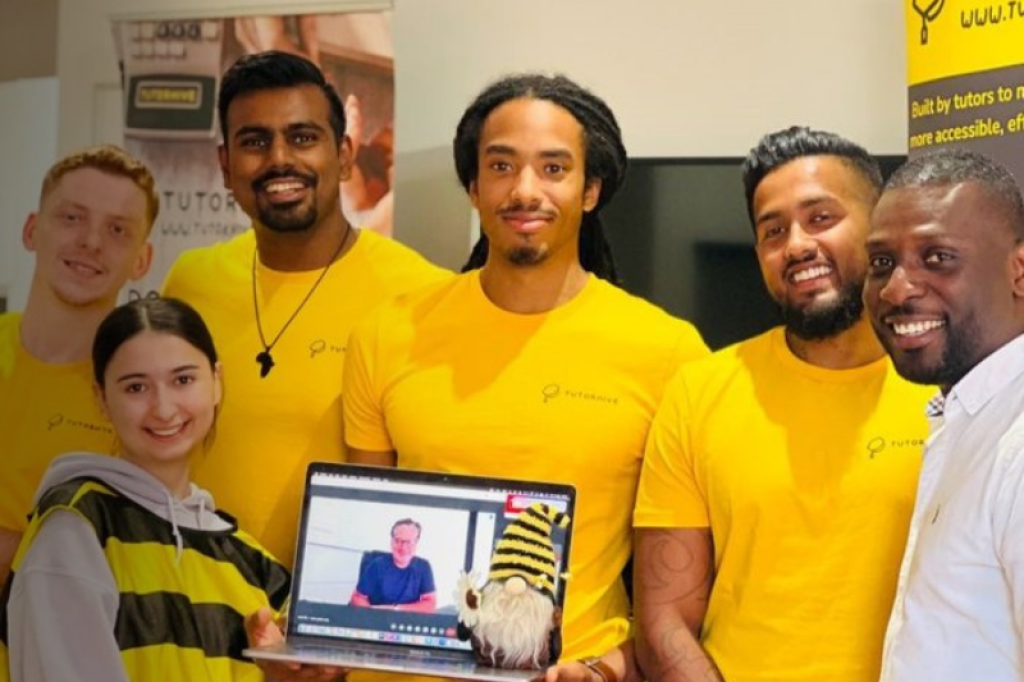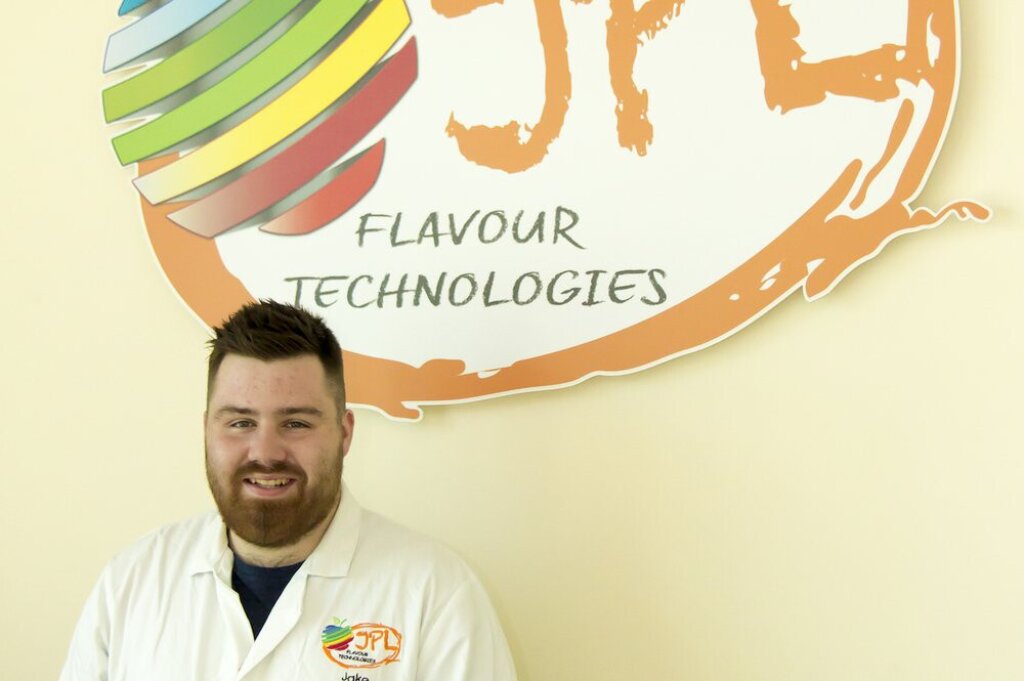Over the past 13 years Bristol-based digital marketing agency Loom Digital, run by directors Karen Pearce and Nikki Ellison, has grown to 16 employees and a turnover of around £1m.
The founders don’t underestimate the effect that external support has had on their success during their journey.
“We’ve had quite a lot of different kinds of input over the years, and on every occasion we’ve seen shifts and jumps in our growth and evolution,” said Karen. “Although it’s always been on our radar, we’ve never had a long-term relationship with a board adviser. So we were very interested to see how a Be the Business board could help us.”
The board comprised a range of different people, from different backgrounds, at different stages of their career, and with different experience. “They all sparked ideas off each other,” said Karen. “They used their brains on our business and came up with things we’d not thought about, or things we had thought about but hadn’t had the confidence to pursue.”
A great sounding board for new ideas
The different perspectives the board brought were particularly helpful because Karen and Nikki largely agree with each other. “We are very collaborative,” she said. “They were a great sounding board for new ideas as well as helping us explore solutions to current challenges.”
But the very fact that Karen and Nikki were forced to work on the business rather than in the business was a huge benefit in itself, as she explained.
“We had been so aware we needed to carve out the time and headspace to do this, but we’ve been so busy running the company that we’ve struggled to set aside dedicated time. So having to do it has been a really valuable discipline,” she said.
“Every quarter we would sit down and write down our challenges so we could discuss them at the board meeting, and going through this process in itself made us really think about what our challenges actually were.”
The pair typically brought two or three key issues into a meeting to discuss. “Everyone knew what the talking points would be because we prepared a board pack in advance, so we were able to jump straight in. We discussed so many different topics, things you can’t just Google because the information is not there – like how to manage the return to work after coronavirus. It was great to be able to throw ideas around with others, rather than trying to work it out on our own, and having a window into how these other businesses would tackle it was invaluable. The board was always full of ideas and we were just sponges, soaking them up.”
Karen was impressed by the level of commitment and engagement of the board. “They really took our challenges seriously,” she said. “They were all extremely generous with their time and ideas, and they always made thoughtful and relevant contributions, which really helped us to make decisions and move the business forward. In fact, they were so engaged, and provided so much value to us, that I remember asking what was actually in it for them.”
She singles out one board member, Neil Douglas, director of high-tech engineering company Viper Innovations, as going above and beyond
Karen was impressed by the level of commitment and engagement of the board
“It was great to be able to throw ideas around with others, rather than trying to work it out on our own, and having a window into how these other businesses would tackle it was invaluable. The board was always full of ideas and we were just sponges, soaking them up.”
Karen Pearce, co-founder of Loom Digital – SME board participant
Going above and beyond
Neil himself explained: “Sometimes the board meeting doesn’t give you enough time to deal with all the ideas and challenges in the detail required in order to resolve them. So I had a separate one-to-one half-day session with Loom, where I shared tools that had worked for Viper, and some of our simple single-page business plans.”
One of the issues that kept coming up in board meetings was the need for a stronger vision. “We have a vision, but we struggle to articulate it,” said Karen. “The board pointed out that you need a clearly articulated vision in order to underpin your decisions. So that’s an example of how they made us clarify things.”
And there were more tangible benefits too. For example, Loom now applies the structure and format of the advisory board when running meetings with its internal business performance team.
“We had a good year last year – 17 per cent year-on-year growth – and our conversations with the board have definitely contributed to that,” said Karen.
Headline takeaways
A board keeps you accountable
If you're spending too much time working in the business rather than on it, having board meetings helps with that discipline.
Prepare board packs in advance
Share challenges and discussion points beforehand, so you can dive right in during the meeting.
Apply the structure of board meetings elsewhere
Karen now uses the same structure and format when running meetings with Loom's internal business performance team.



